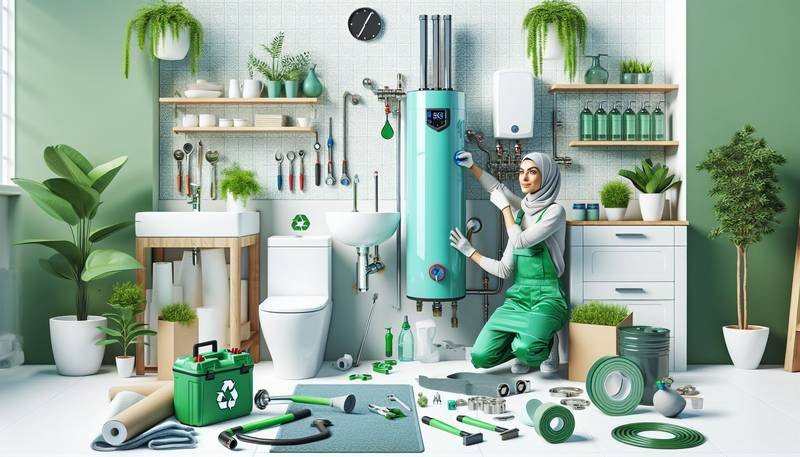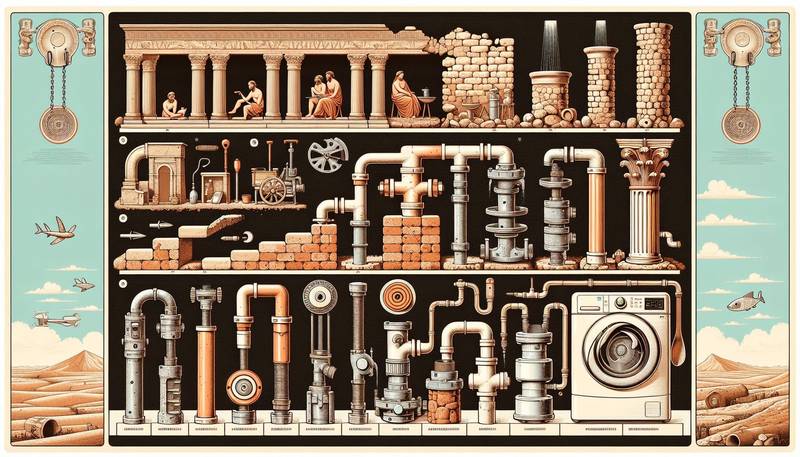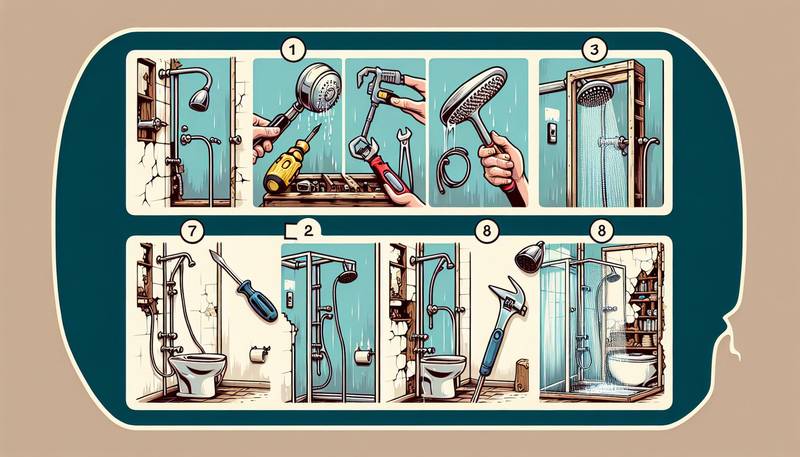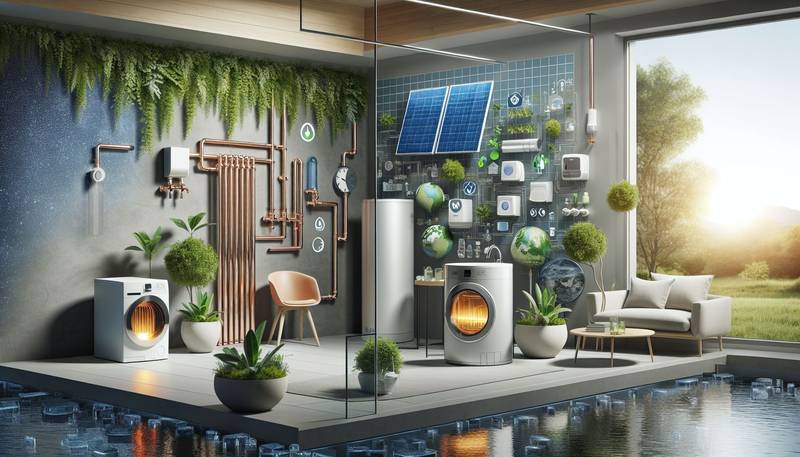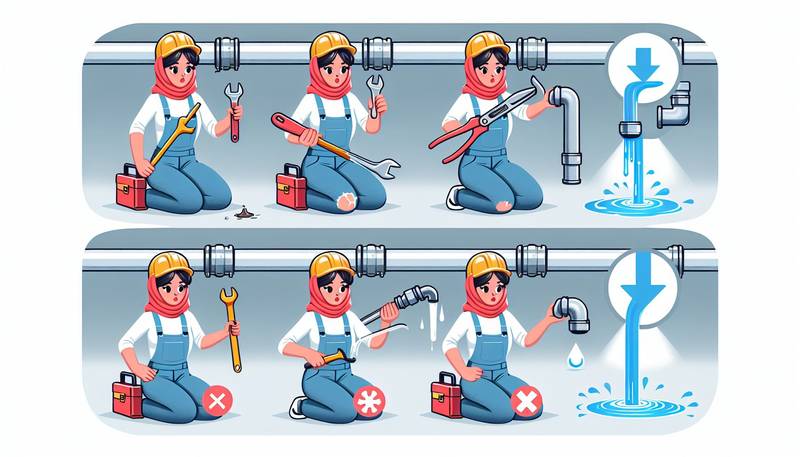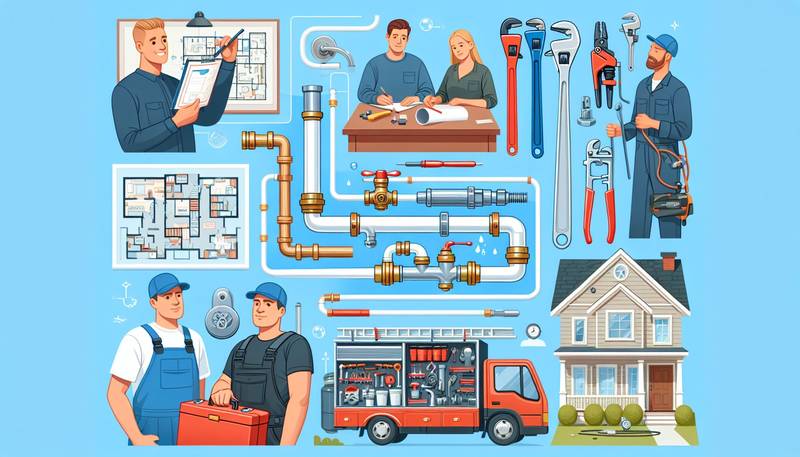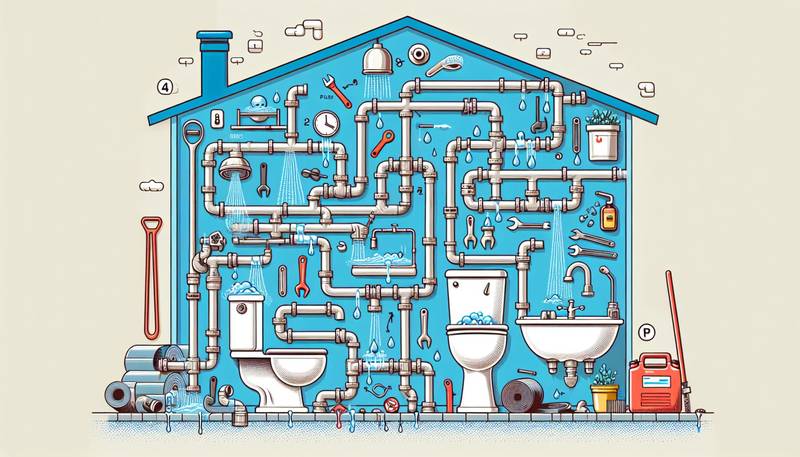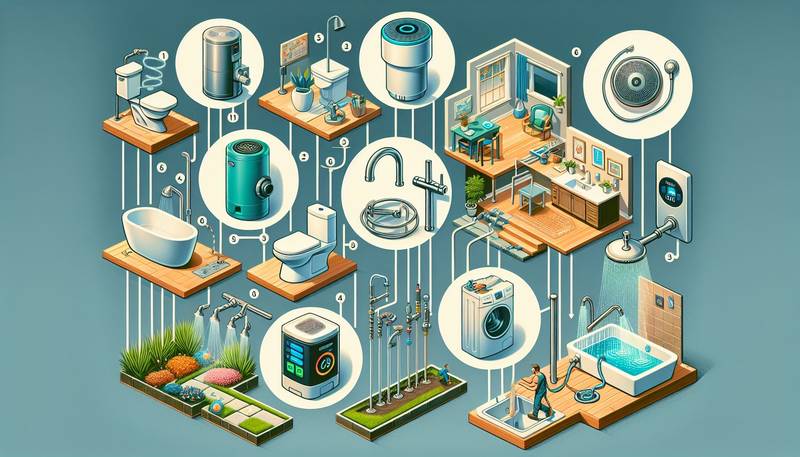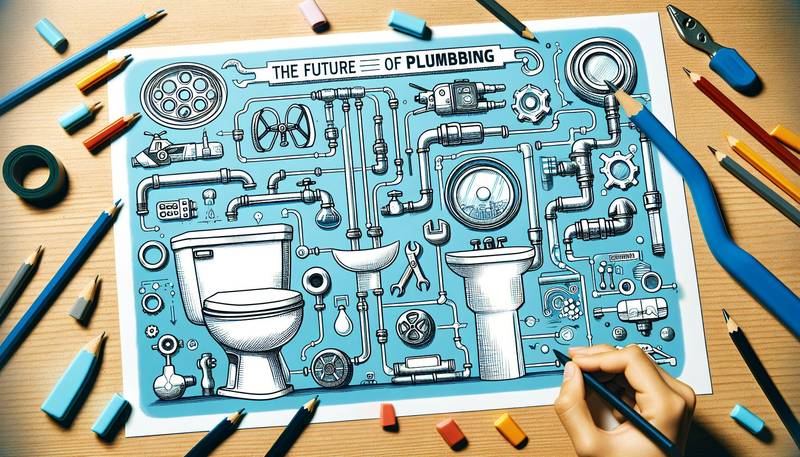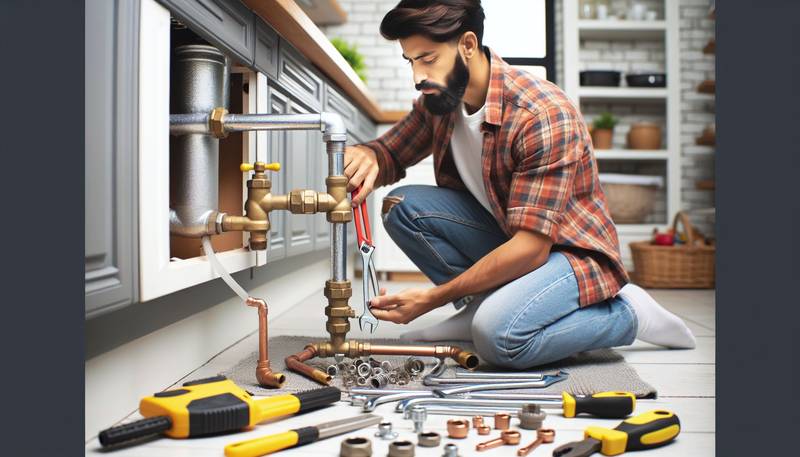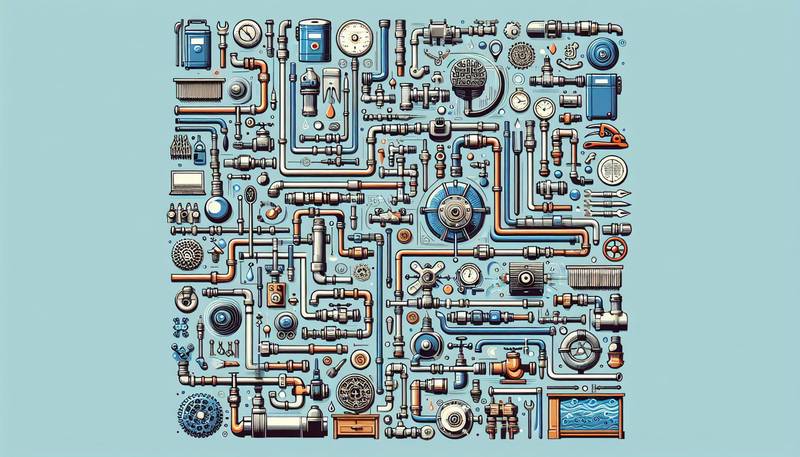Green Plumbing: Eco-Friendly Practices for Professionals
By utilizing green plumbing techniques, professionals can help conserve water, reduce energy usage, and minimize waste. In this article, we will explore some of the key eco-friendly practices that professionals in the plumbing industry can incorporate into their work.
Water-saving Fixtures
One of the most effective ways for plumbing professionals to promote sustainability is by installing water-saving fixtures in homes and commercial buildings. Low-flow toilets, faucets, and showerheads are designed to reduce water consumption without sacrificing performance. By recommending and installing these fixtures, professionals can help customers save water and reduce their utility bills. Additionally, professionals can also educate customers on the importance of water conservation and how they can further reduce their water usage.
Energy-efficient Appliances
In addition to water-saving fixtures, plumbing professionals can also promote energy efficiency by recommending and installing high-efficiency appliances. Energy-efficient water heaters, dishwashers, and washing machines can help customers save energy and reduce their carbon footprint. By incorporating these appliances into their work, professionals can make a significant impact on the environment and help customers save money on their energy bills.
Rainwater Harvesting Systems
Rainwater harvesting is a sustainable practice that involves collecting and storing rainwater for future use. Plumbing professionals can install rainwater harvesting systems in residential and commercial buildings to capture rainwater from roofs and store it in tanks for irrigation, flushing toilets, and other non-potable uses. By utilizing rainwater harvesting systems, professionals can help reduce the demand for freshwater and decrease the strain on municipal water supplies.
Greywater Recycling
Greywater recycling is another eco-friendly practice that plumbing professionals can incorporate into their work. Greywater is wastewater from sinks, showers, and washing machines that can be treated and reused for non-potable purposes such as irrigation and toilet flushing. By installing greywater recycling systems, professionals can help customers reduce their water usage and lower their water bills. Additionally, greywater recycling can also help alleviate the burden on sewage treatment plants and reduce the impact on water bodies.
Pipe Insulation
Another green plumbing practice that professionals can implement is pipe insulation. Insulating pipes can help prevent heat loss and reduce energy consumption, especially in hot water pipes. By insulating pipes, professionals can help customers save energy, lower their utility bills, and reduce their carbon footprint. Insulating pipes can also help prevent pipes from freezing in cold climates, which can prevent costly repairs and water damage.
Sustainable Materials
When working on plumbing projects, professionals can also choose to use sustainable materials such as recycled piping, lead-free fixtures, and environmentally friendly sealants. By selecting sustainable materials, professionals can reduce their environmental impact and promote the use of renewable resources. Additionally, using sustainable materials can also help improve indoor air quality and create a healthier living environment for customers.
Conclusion
In conclusion, green plumbing practices offer a sustainable approach for professionals in the plumbing industry to reduce their impact on the environment. By incorporating water-saving fixtures, energy-efficient appliances, rainwater harvesting systems, greywater recycling, pipe insulation, and sustainable materials into their work, professionals can help promote sustainability, conserve resources, and protect the planet for future generations. By embracing green plumbing practices, professionals can make a positive difference in the world while also benefiting their customers and communities.
